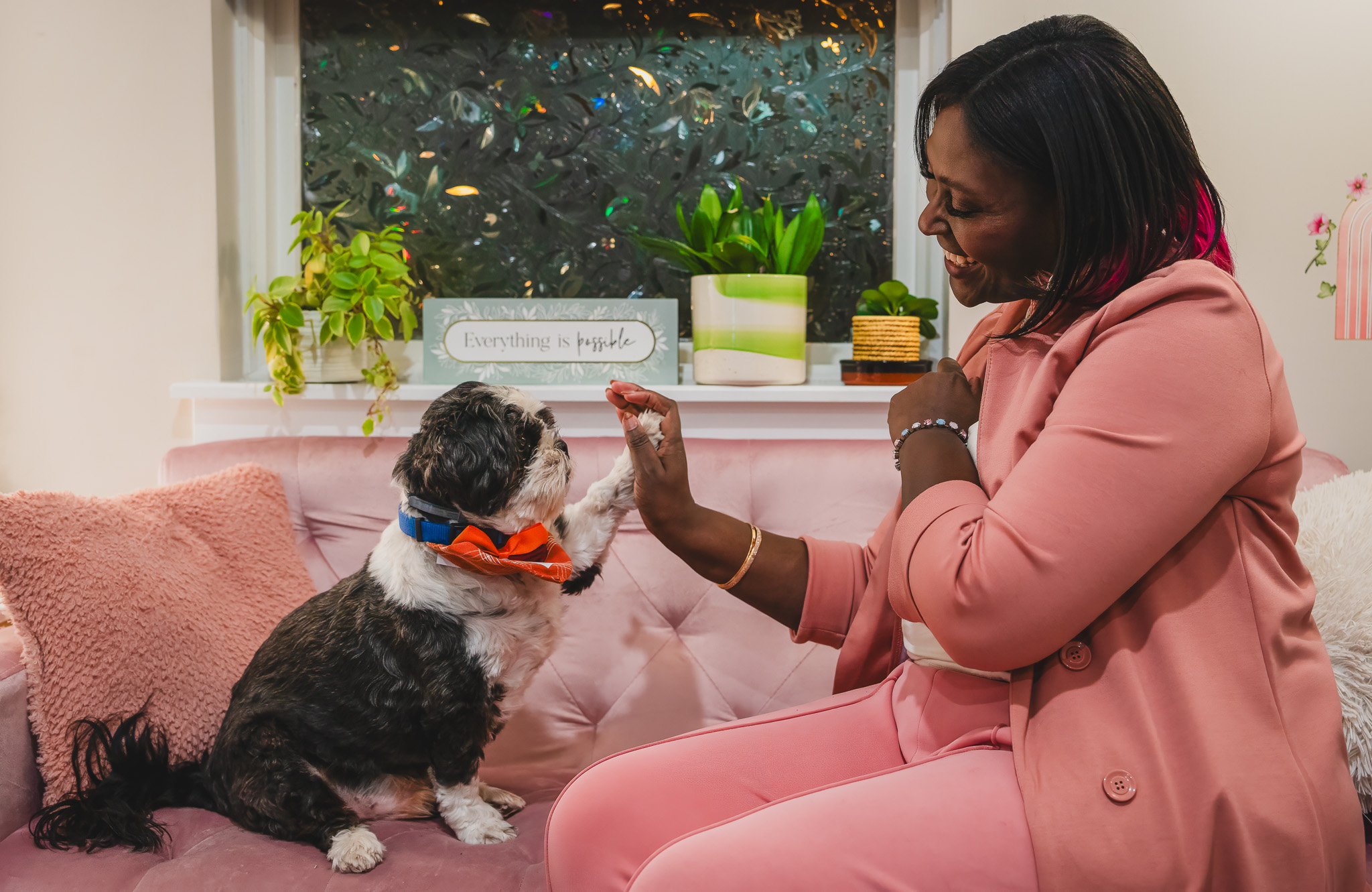Alright – so today we’ve got the honor of introducing you to Chelsea Lightbourn. We think you’ll enjoy our conversation, we’ve shared it below.
Alright, Chelsea thanks for taking the time to share your stories and insights with us today. We’d love to hear about the things you feel your parents did right and how those things have impacted your career and life.
My parents have had the biggest impact on my career. They have been by my side for everything in my life and continue to be the shining pillar behind my desire to help people. The main thing that my parents did right, is the investment they have had in nurturing, advocating, encouraging and supporting my brothers and I. They’ve encouraged me in all areas of my life, but my mental health journey would not have been the same without them. When I was 5 years old, like my brothers, I was diagnosed with Attention Deficit/Hyperactivity Disorder, a.k.a. ADHD. This term is thrown around a lot nowadays, as a colloquial/layman’s term for “spacing out, getting distracted, and/or being forgetful and lazy”. It is often seen as a disability by many, however, due in large part to my parents, I’ve never seen it that way and I have harnessed it into my “super power”.
There are many common misconceptions about ADHD including, the misconception that people with ADHD are “stupid”, “they basically have autism” that they go to the “disabled classes”, they get “overly emotional”, “they’re overstimulated and out of control”, they are the “bad kids in class”. In reality, studies show that people with ADHD are actually understimulated because of lower levels/dysregulated levels of dopamine and norepinephrine, which are the neurotransmitters in the brain responsible for executive functioning, the balancing of attention, motivation, and reward processing. A lot of my clients find that getting this diagnosis is as much of a death wish as cancer, and god forbid their children get it.
I’ve had a very different experience with ADHD and getting a diagnosis, compared to many of the adults that I treat with the same diagnosis, as well as some of my peers. My parents played an important role in that. My mother, being a physician, studied ADHD in depth, partially due to her work as well as having children that she noticed were struggling to keep attention, had restlessness, and had certain emotional regulatory issues that were creating difficulties in the classroom. My father, who has had ADHD, undiganosed/unofficially diagnosed, all of his 78 years on this earth has given my brothers and I, many lessons on how to solve problems when it comes to a life with ADHD. You could say, he is an expert in non-medicated methods of ADHD treatment. My parents always explained this diagnosis to me, as a chemical imbalance of hormones in the brain. For me, this translated into: my brain just works differently from the other kids in my class. This changed my view of how I manifested my ability to achieve my goals and build a life for myself that works according to my brain and its creative abilities.
Many people that I have met as an adult have expressed that they didn’t know about their diagnosis and/or didn’t understand their diagnosis and how to deal with it until much later in life. I’ve noticed, now that I’m older, that the activities, techniques, tasks, and skills that my parents instilled in me as a child changed my entire trajectory as an adult with ADHD. My parents assigned my brothers and I academic work during the summers, engaged us in creative and physical activities that were of interest to us, and sent us to summer camps full of STEM, visual and performing arts, and engaged our critical thinking skills. Whether it be through learning toys, scholastic or Montessori activities, our academic engagement was an all-year round ordeal. I spent many summer mornings in elementary school working independently on activities for my school level while my friends waited outside my house for me to finish so I could come out and play. I was also very involved in dance growing up and movement always aided in the emotional dysregulation that I experienced from the hormonal imbalance from ADHD. Between dance and continuous educational exercises, this neuroplastic approach forced me to continue learning and train my brain to figure out ways to absorb information and build skills to help me overcome the chemical discrepancy that makes it difficult to stay stimulated enough to focus. My tendency to get distracted was very high as a child and my parents had to help me learn to manage it in a way that makes sense for me. Even doing this interview, I must admit, there was a million and 1 things that grabbed my attention before finishing this sentence. But as I learned growing up, finding something that stimulates me helps me to carry myself through to the goal. For example, growing up, I learned to imagine the stories of reading prompts or reports that I needed to write, in a visual manner like a daydream or a movie, which helped me comprehend my reading throughout my schooling. Not many people get the kind of help that my parents were able to facilitate.
Many children get misdiagnosed or go undiagnosed due to the lack of recognition and understanding of ADHD. Our brains work differently because they are wired differently. This sometimes causes struggles leading to frustrations for ourselves and the ones that we love/interact with, as my mother and father can attest to. Aside from those frustrations/struggles, ADHD brains are also very creative and expansive. My parents ultimately helped my brothers and I harness the power of our expansive and creative brains by channeling our understimulated, dopamine seeking brains and transform our thought processes into useful tools to help us navigate the world and build resiliency in our executive functioning. Many of the greatest minds, Albert Einstin, Bill Gates, Simone Biles, Michael Phelps, Will.i.Am, Will Smith, and more have a diagnosis of ADHD. Many of these greats have noted that they attribute their creative/ academic/athletic success to their ability to channel their ADHD symptoms into their talents, and harness it into their “super power” if you will. My parents definitely got it right when they didn’t stop learning about ADHD, ADHD treatment, and searching for ways to help their children with ADHD navigate a world that is not built for the neurodiverse. Building an ADHD and neurodiverse friendly space for people that mimics the space that my parents built for me, is the biggest thank you I can give to my parents for everything that they did right!
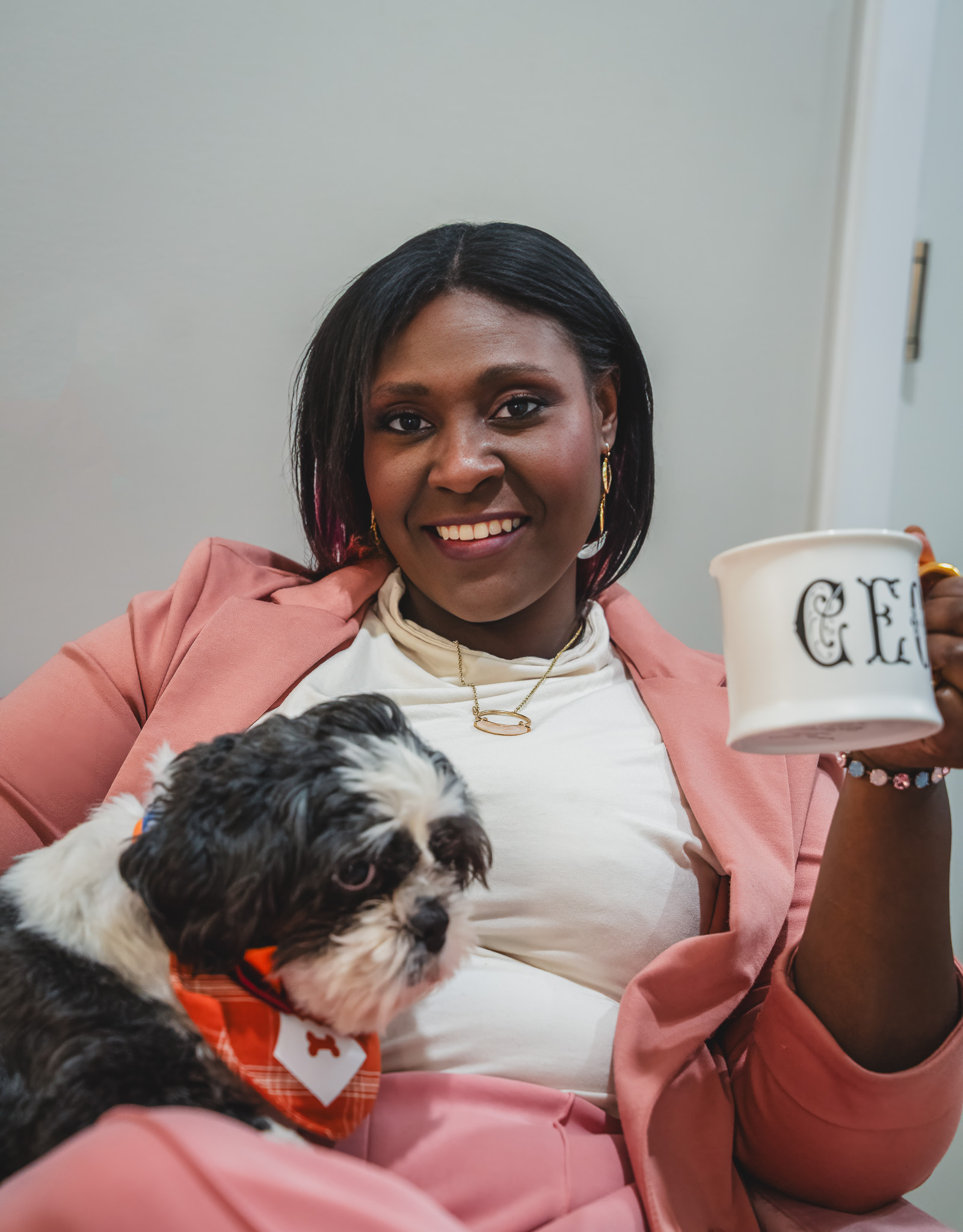
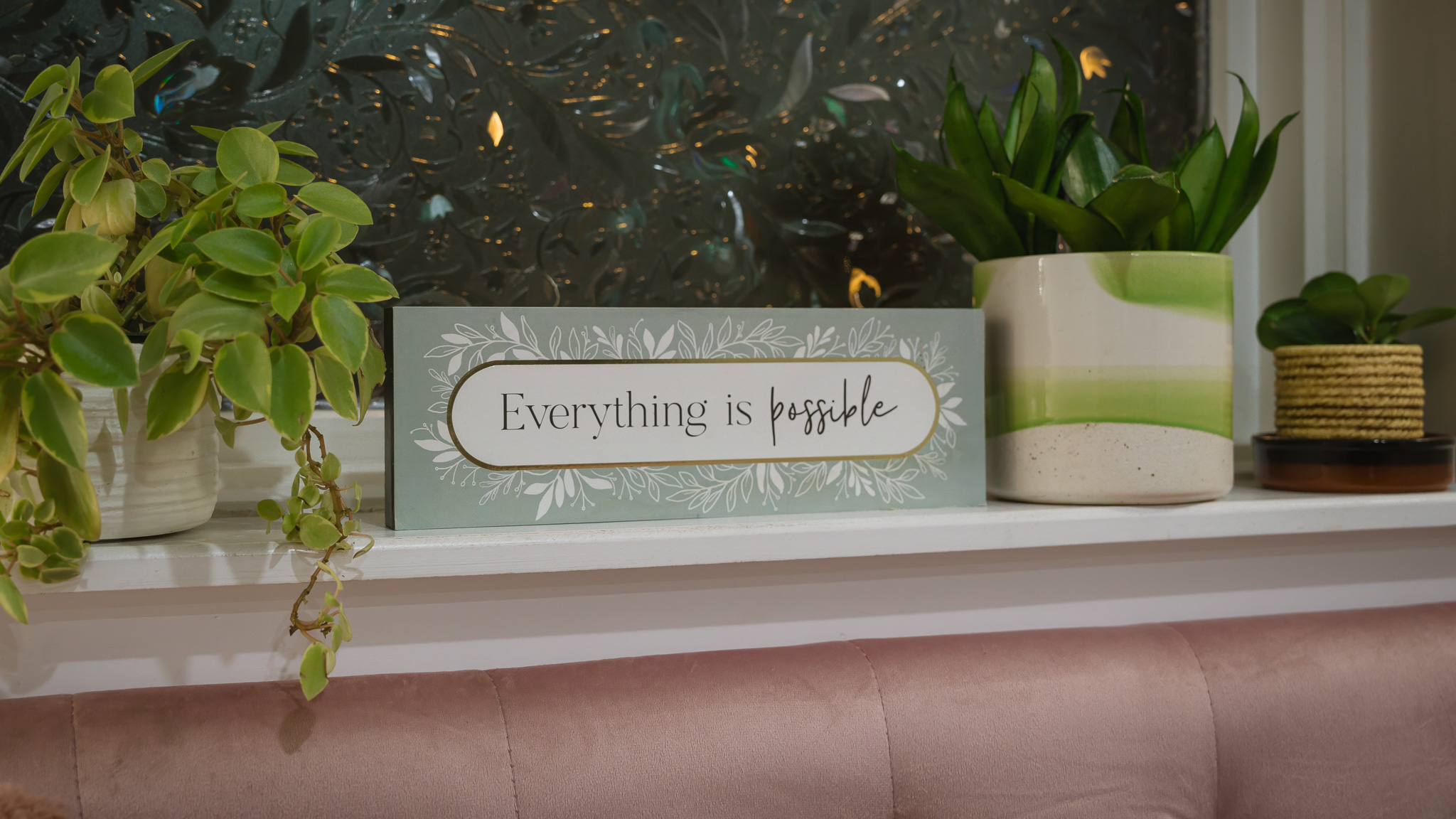
As always, we appreciate you sharing your insights and we’ve got a few more questions for you, but before we get to all of that can you take a minute to introduce yourself and give our readers some of your back background and context?
I am a Licensed Professional Counselor and I take a lot of pride in having just opened my own private practice called Peace, Love, & Therapy. My business promotes inner peace for those who come to see me. I believe in building connections with others through our mind and body to help promote healing from the trials that we face in this world. I’ve always been a proponent for world peace, and though that may be a pipe dream I believe the services I provide, help individuals to find peace within themselves, hopefully making for a better world.
I got into this industry because I have always believed that my purpose in life was to love and help others to love. My practice is about as traditional as other therapists in that I’m a counselor with a private practice but the uniqueness of my practice comes from my approach. My approach is relational in nature but stems from my unique way of connecting with my clients.
I went to school for a Masters in Clinical & Counseling Psychology with a concentration in Trauma. I have seen a lot of trauma in my own life and I continue to bear witness to the trauma of others. My schooling has prepared me for working with trauma, which is a large part of mental health as a whole these days, and diagnoses that align with trauma. I primarily work with people who have diagnoses of attention deficit/hyperactivity disorder, borderline personality disorder, posttraumatic stress disorder, and other trauma related disorders. I personally have a diagnosis of ADHD which I believe sets me apart from a lot of my colleagues in that I am able to step into an untapped understanding of this diagnosis specifically. Studies show that the symptoms from trauma crossover all of these diagnoses, ADHD, BPD, PTSD, and mood disorders, and so my understanding of not only trauma but ADHD puts me at an advantage in terms of my being able to relate to my clients. The number one comment that I get from my clients, both old and new, is that they appreciate how much I can relate to them and how humanizing it is for them to feel connected to their practitioner. Which leads me to the two major facets in my approach. One, is humanizing my clients. In my experience, for many of my clients, who have undergone a more pathological approach from other practitioners, it made them feel misunderstood and feel like a test subject, an experiment, a paycheck, or a number. They feel as though the work is impersonal. In my relationship with my clients, humanizing them makes them feel that they are unique as a person, they feel understood. Ultimately, they gain a sense that they aren’t alone in this world, especially after a traumatic event. One thing that we shouldn’t have to do in this life, is walk it alone. The second facet of my approach is laughter. I love to laugh and so my approach uses a lot of humor to guide others to build joy in their life. Some of my clients may go their whole week crying but if they can come into my office and collect a moment where they can laugh, that builds safety, trust, and the potential for hope. Laughter also releases endorphins, which helps people to feel better.
I work with clients from all walks of life, but I’m most proud of my work with ADHD, specifically women with ADHD. I have wanted to change the way that we view and treat ADHD, and my work with my clients has been personalizing their treatment plans to help with each individuals’ specific trials with ADHD. More specifically, I have begun to develop and utilize my own personal treatment approach for treating women with ADHD because of how it affects us and the way that we present. Women with ADHD have different presentations as a child, let alone as an adult, than men/boys do. There is a difference between sexes that is not recognized by the psychological community nor the society at large. Women have significant hormonal fluctuations that cause enhanced difficulty with attention, executive functioning, physical manifestations of emotional aspects of ADHD, trouble regulating anxiety surrounding our work and how we perform, as well as many other aspects of ADHD, some still yet to be studied. As an added struggle, women receive messages about themselves as a person with ADHD that translate into negative self-talk which affects their self-esteem and self-worth, and their identity as they grow into their authentic selves. Women struggle with self-esteem growing up with ADHD because the “invisible disabilities” are not recognized as ADHD symptoms when they are presenting. Their symptoms are often dismissed as anxiety or even hysteria at earlier points in history. Women with ADHD get sent messages that put them down for ADHD specific behaviors and then they don’t perform at the level that they could because they just weren’t taught how to harness those abilities and overcome those struggles. With my female/hormonally female clients I work to teach them how to unlearn these negative self-talk messages that they received growing up and overcome the cycle of negative ADHD self-talk in order to enhance and evolve their authentic “ADHD” self. In actualizing their authentic ADHD-self they move towards integrating that part of themselves that they try to minimize or hide from the world in order to fit in and begin to stand out as they truly are, all parts that make them who they are, as a woman with ADHD. The expectations placed on women is a large one and masking ADHD symptoms doesn’t make life any easier. I want my followers to know that there is a safe place for them to explore that part of themselves and that I will work with them to help them release that into the world. The fun part is that this can also be applicable to other issues and other diagnoses!
Last but not least, my dog Scoopy, who I am training to be my psychiatric service dog for my personal anxiety. As an added benefit for my clients who attend in person, they get to experience his training and skills as well. Due to his natural good-natured demeanor and his training, he is able to provide calmness through deep pressure therapy, and respond in calm to high levels of stress and anxiety. On command he is able to engage in anxiety attack distraction techniques to provide de-escalation for me. Scoopy’s training is still a work in progress for full certification, and for now he is only my emotional support animal, but he is known around the neighborhood and to my clients as the dog you can’t help but smile at.
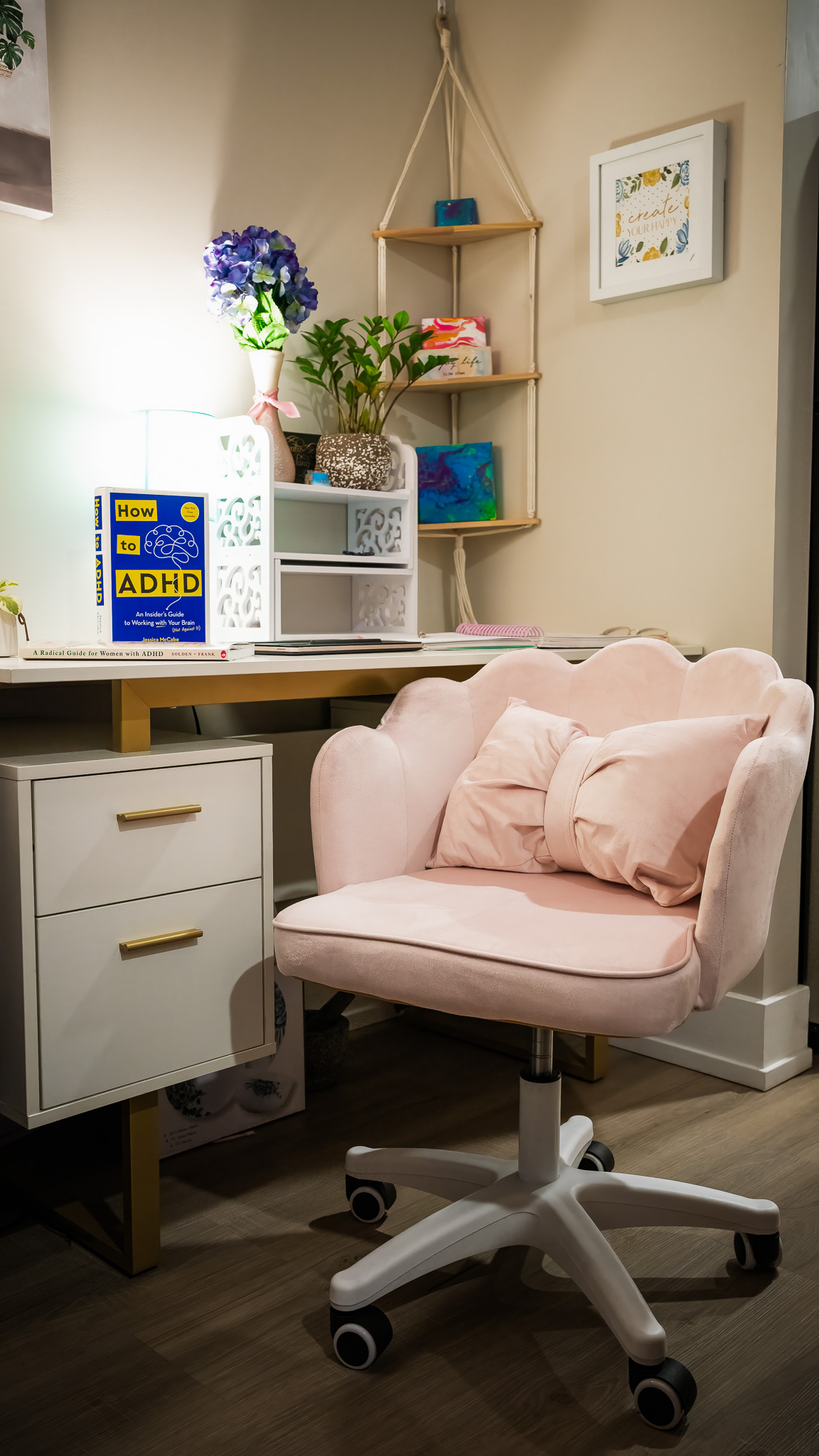
We’d love to hear a story of resilience from your journey.
Not many people know that I was diagnosed with a severe illness at the age of 18 called, neurosarcoidosis (NS), an auto-immune disease where my immune system was attacking my brain. I almost died twice and now I’m in remission. That’s usually the short story that I tell people. The longer story, is definitely more involved, includes doctors, even some lawyers, some ventilators, and some doctoring by my mother and my family. It ends with the great story of not having died before my 21st birthday but that’s another story for another article. The part of the story that I will tell though, is how I persevered through this illness and came to realize my potential and my resilience. In 2007, I was diagnosed and dealt with medical complications and physical debilitations from NS that prevented me from starting college right away. I was bedridden, had headaches, muscle aches, and pains for 5 weeks and almost went blind due to the lesions on my brain. I received a diagnosis after 3 months and eventually started a small oral dose of chemo. After starting my college career at the beginning of 2008, I had a relapse of my illness which led me to be in the hospital again. At one point I was overmedicated due to a medical malpractice error that led to my going into respiratory arrest and being placed on a ventilator for several days. I’d recovered pretty quickly from that stint but, as a result I had to drop out of school due to the complications that I’d experienced from the NS. Between 2008 and 2013 I was hospitalized several times, went back and forth to doctor appointments, sat in clinics for 3 hour immunosuppressant infusions, was placed on low doses of chemo, changed medications more times than I can count, was hospitalized for another relapse, fluctuated in rapid weight gain and loss and on top of all that managed my symptoms of ADHD without medication, as well as depression, and anxiety. In 2013, I graduated college with my Bachelor’s of Science degree in Psychology with Honors, a 3.74 GPA, Magna Cum Laude, and a minor in French. I flew to France to study abroad with no relapse, and in 2014 I went to Cleveland Clinic to get a higher level of investigation done on my illness. After several days in hospital there, the imaging and and the last of 21 spinal taps I’d had over the years, showed that I was in remission, my brain had begun to improve in terms of the damage it had endured from previous lesions and as of 2024 I’ve been in remission for 10 years and counting. They took me off of almost all the medications I was on and I moved to Philly that fall of 2014. And in 2015 I started my Master’s degree. From my days where I persevered slowly through my Bachelor’s degree, since I was without illness I found myself pushing even harder, especially with encouragement from one of my colleagues, Lea Noble. While in my grad courses at Chestnut Hill College, I pursued my degree with vigor and at one point took two 8 hour classes, 2 semesters in a row while also taking internship and 4 other classes. I finished my degree in almost less than 2 years and with a 3.89 GPA. I can’t say that there is any particular regimen that I had engaged in to overcome this illness but I will say that it taught me to run head first into everything that I do and give it everything that I can. I feel that my educational journey throughout the time that I was sick led me to achieve what I did in both undergrad, grad school, and now my career as a whole. My father has always said that I get things done and there’s nothing that holds me back. My resilience to get things done even while in the lowest moments of my life, only made it easier at the high points. I wouldn’t be where I am today without having learned to persevere through the trials that I had faced and making it through them. I thank God for blessing me with life and the opportunity to have lived through those experiences.
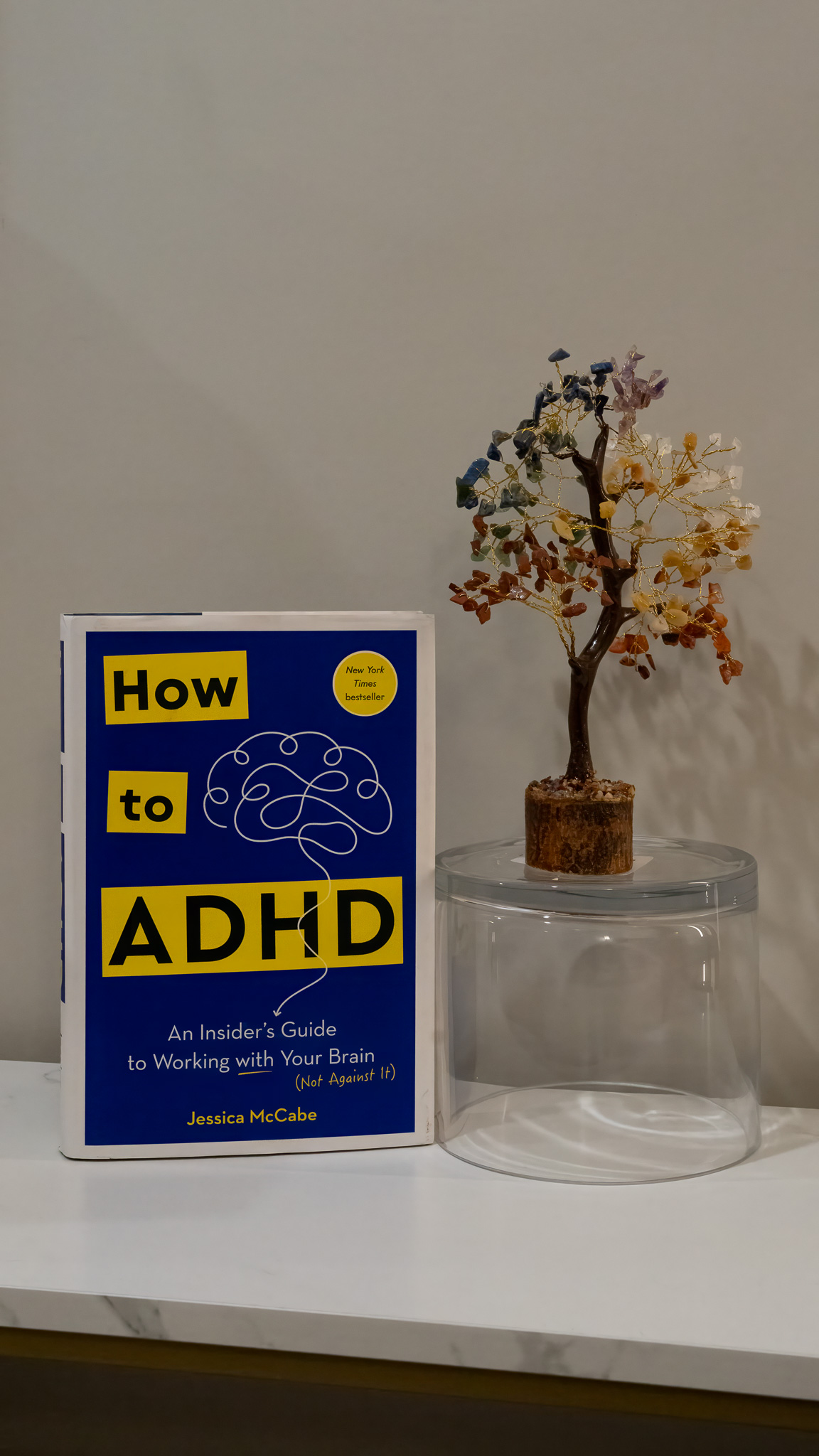
Do you think you’d choose a different profession or specialty if you were starting now?
If I could go back in time, I don’t know that I’d choose the same profession but no matter what I chose, I would still be helping people. I have a passion for connection and community. I love to see people happy and I love to see people laugh and have a good time. I think that this is a skill and passion that could apply to a lot of professions, one of which could be a match maker. I recently came into contact, and friendship, with 2 of Philly’s most popular matchmakers, Dara Rahill and Michal Naisteter. Through the dating scene/single life in Philly, these 2 matchmakers have connected me with so many people and has made it enjoyable to hone into my passion of connecting with people. I’ve actually recently had an opportunity to explore the idea of, perhaps a second career, becoming a matchmaker and have decided to pursue it along with my career as a therapist. I have found success and hope in connecting people who are not only looking for peace but also connecting people who are looking for love, which I would say comes in many forms. We may not all be able to relate to each other on every level that a human can. However, I think that it is helpful to have a community that, though they may not always understand what you’re going through individually (which is my job as a therapist), collectively it’s nice to have a group or subgroup of people who share the one thing that really connects us all, the human experience. On another timeline, in another universe, maybe I’m just a cable guy, but even if I was, in some way I’d still be connecting people (pun intended).
Contact Info:
- Website: https://www.peaceloventherapy.com/
- Instagram: https://www.instagram.com/peacelovetherapy_33?igsh=a3dmc3dsZzJ4Y2p5
- Linkedin: https://www.linkedin.com/in/chelsea-lightborn-lpc-871068ba?utm_source=share&utm_campaign=share_via&utm_content=profile&utm_medium=android_app
- Other: Headway provider Profile: https://headway.co/providers/chelsea-lightbourn?utm_source=pem&utm_medium=direct_link&utm_campaign=72045
Psychology Today Profile: https://www.psychologytoday.com/us/therapists/peace-love-therapy-with-chelsea-philadelphia-pa/1266390
Email: [email protected]
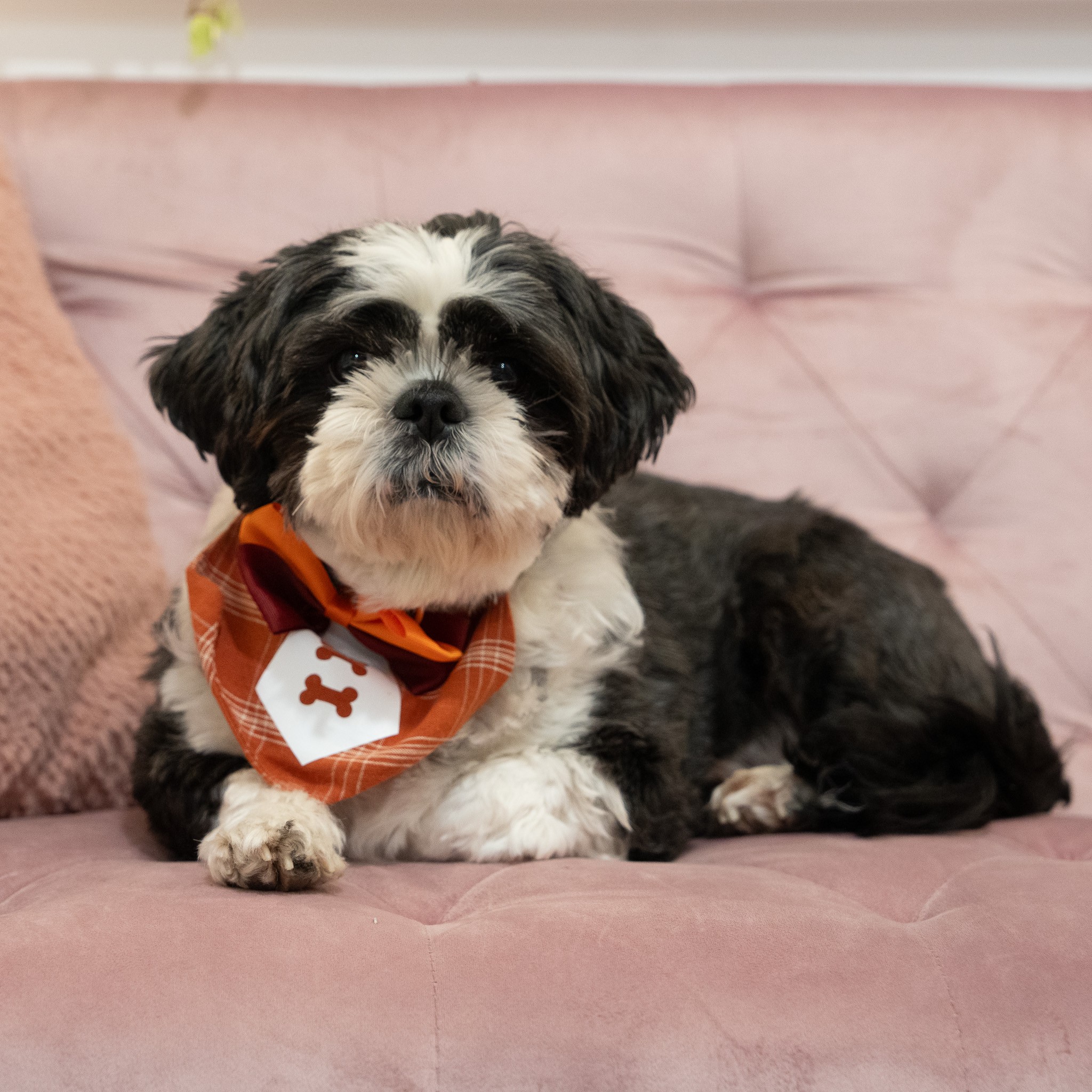
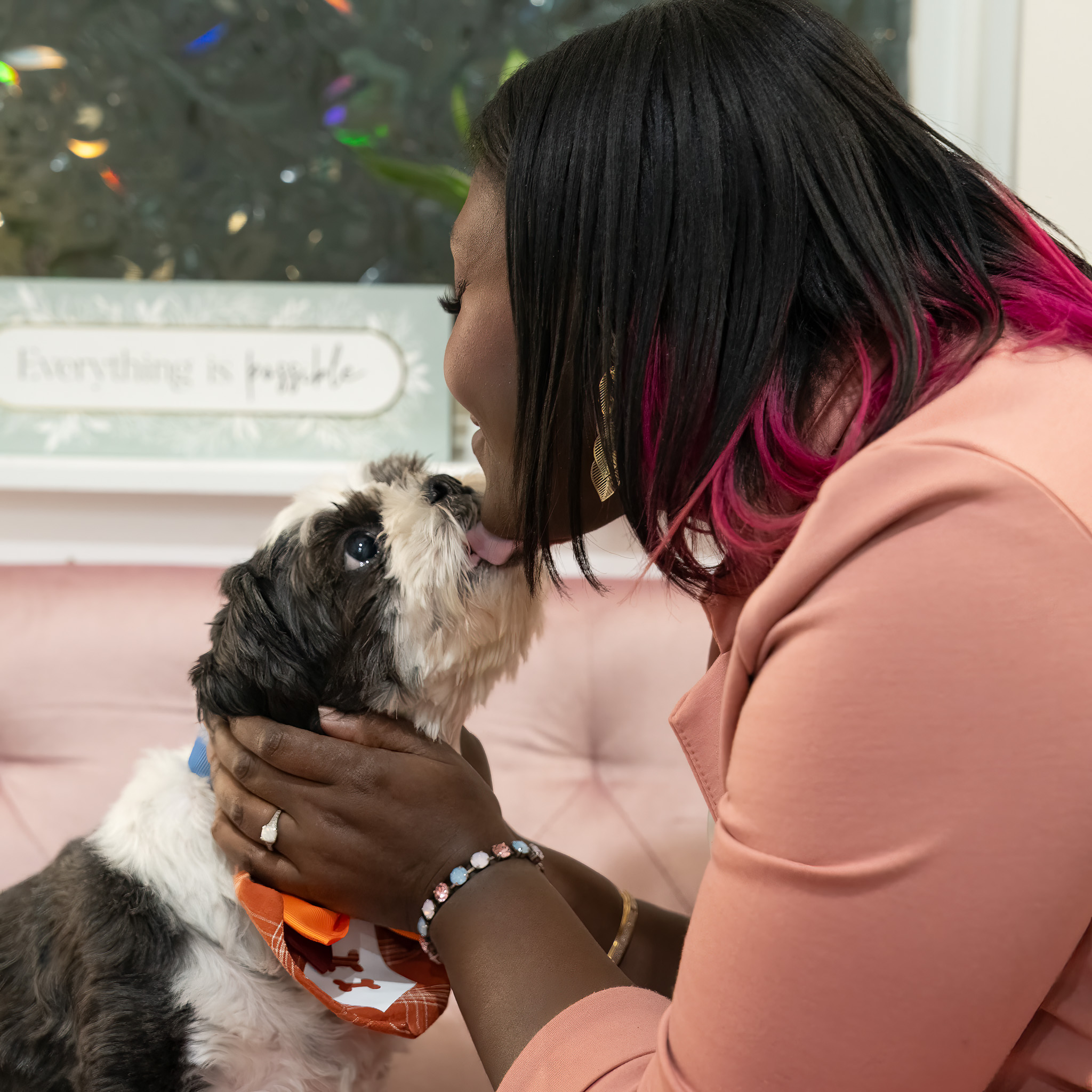
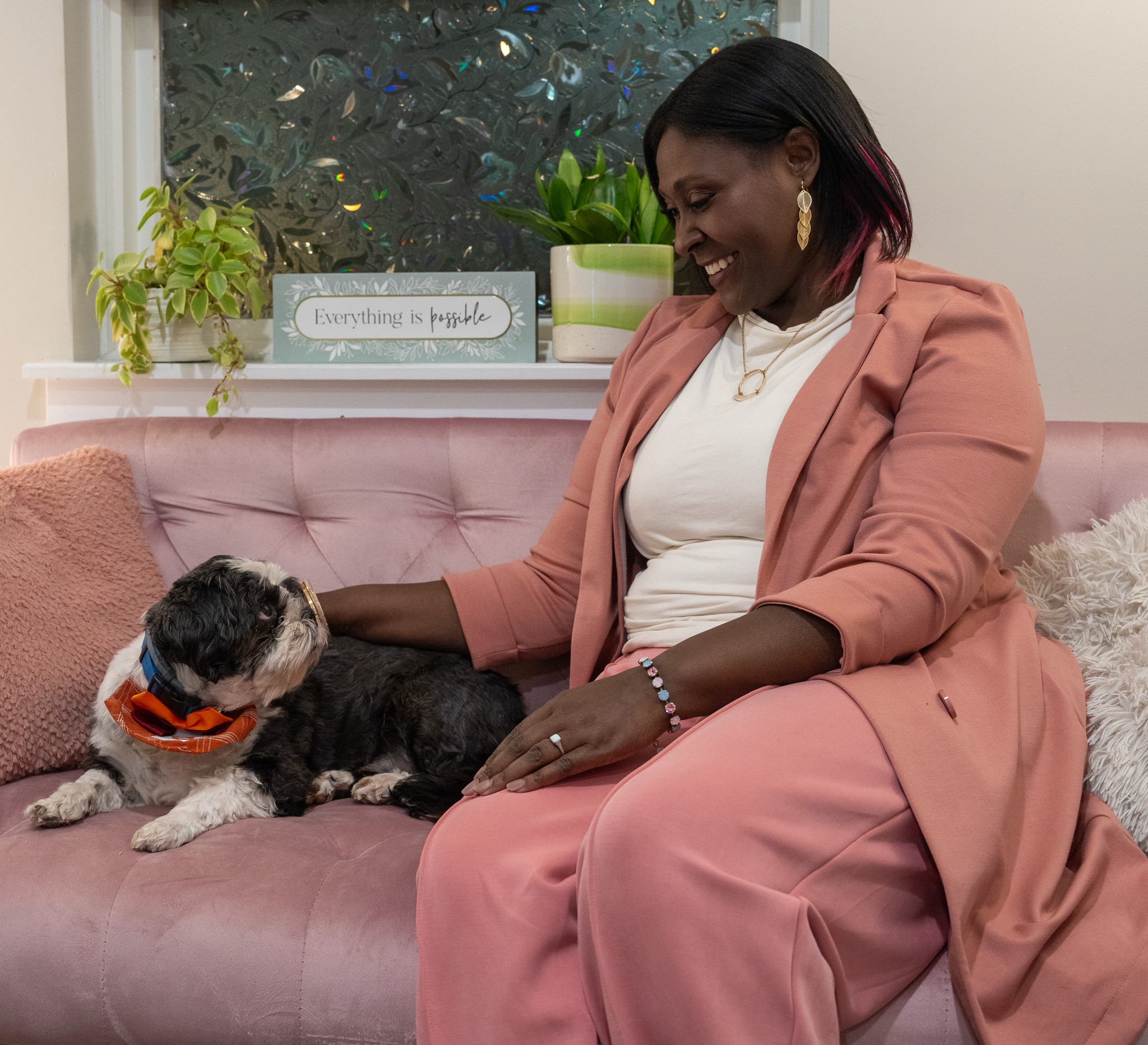
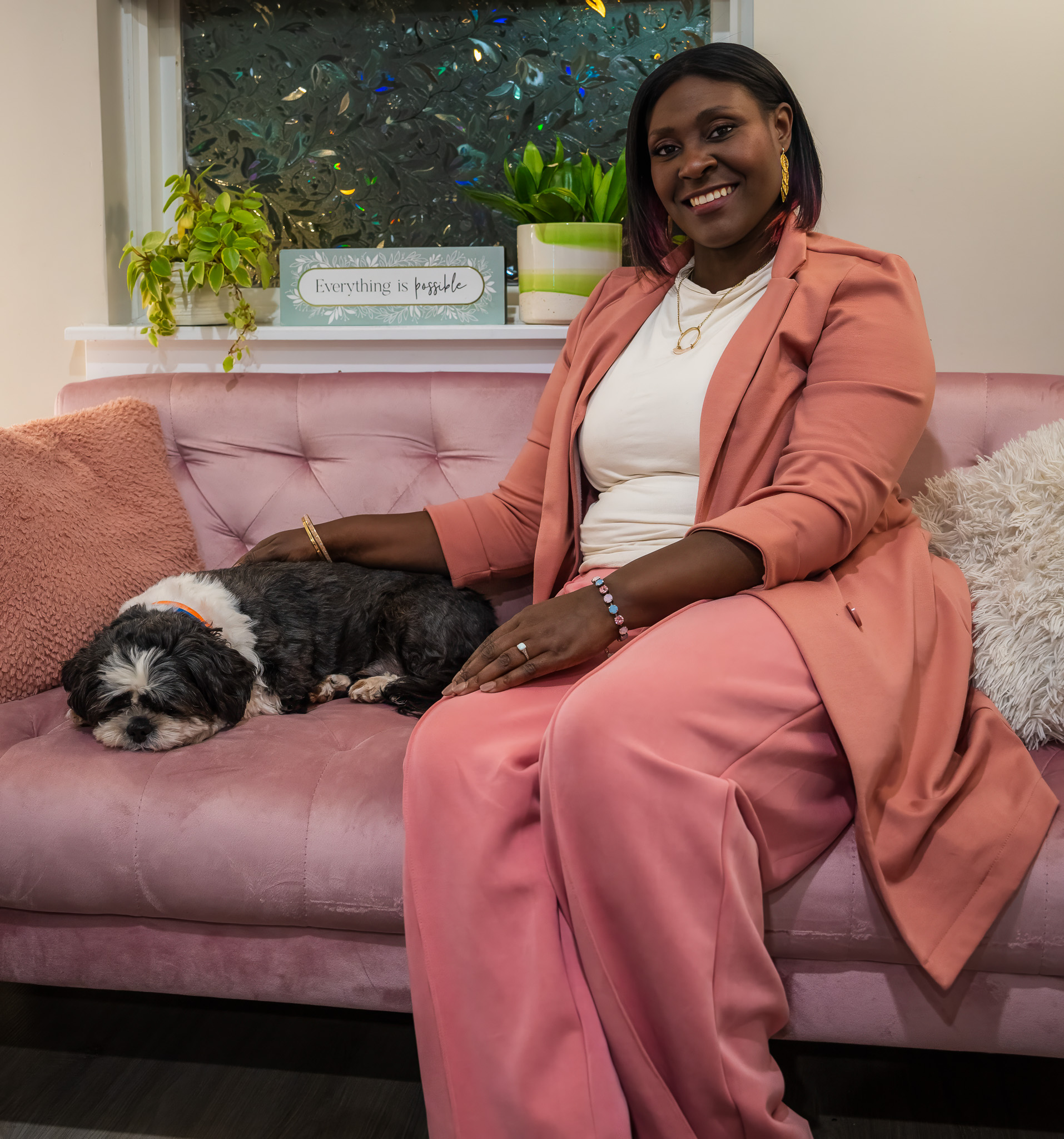
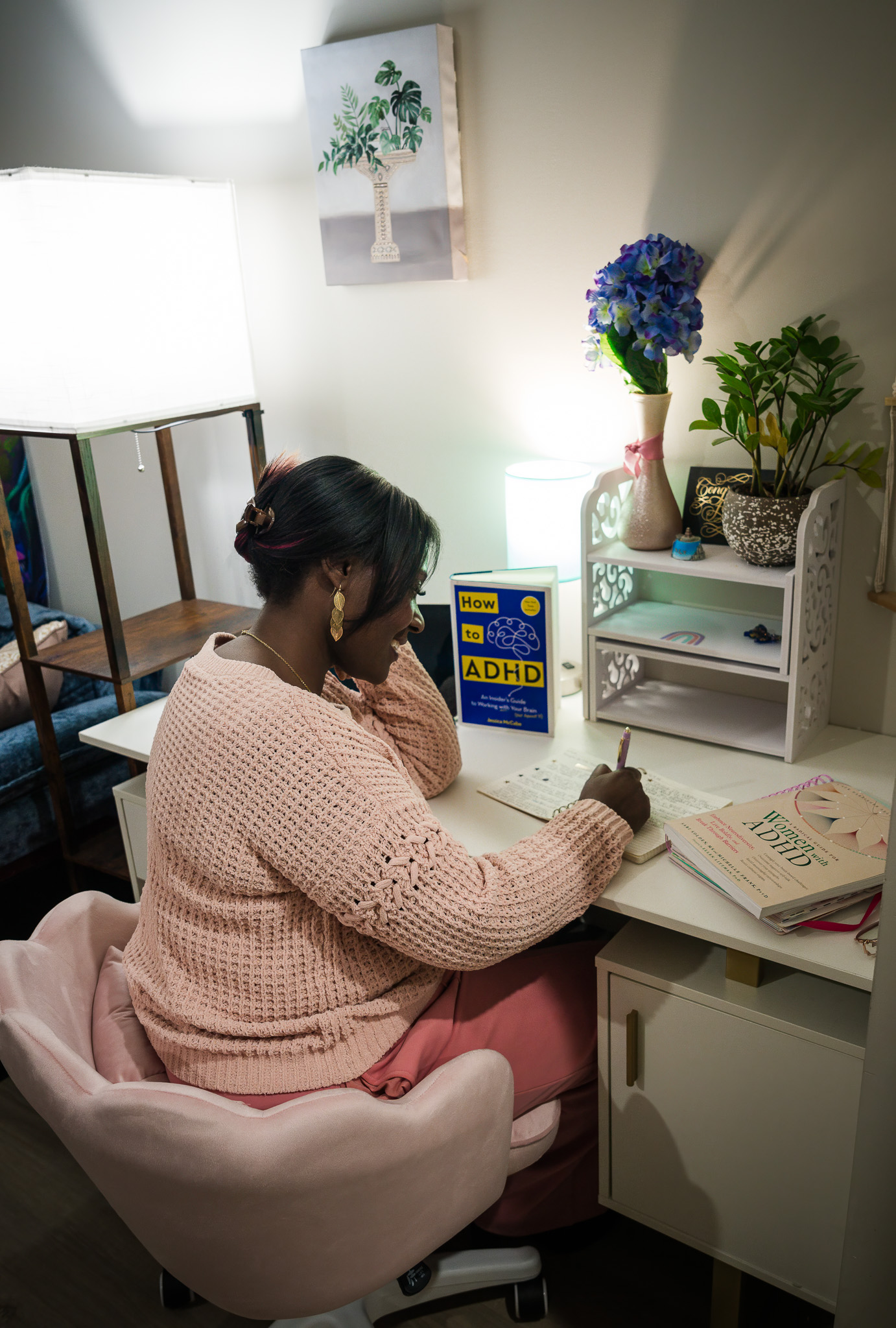
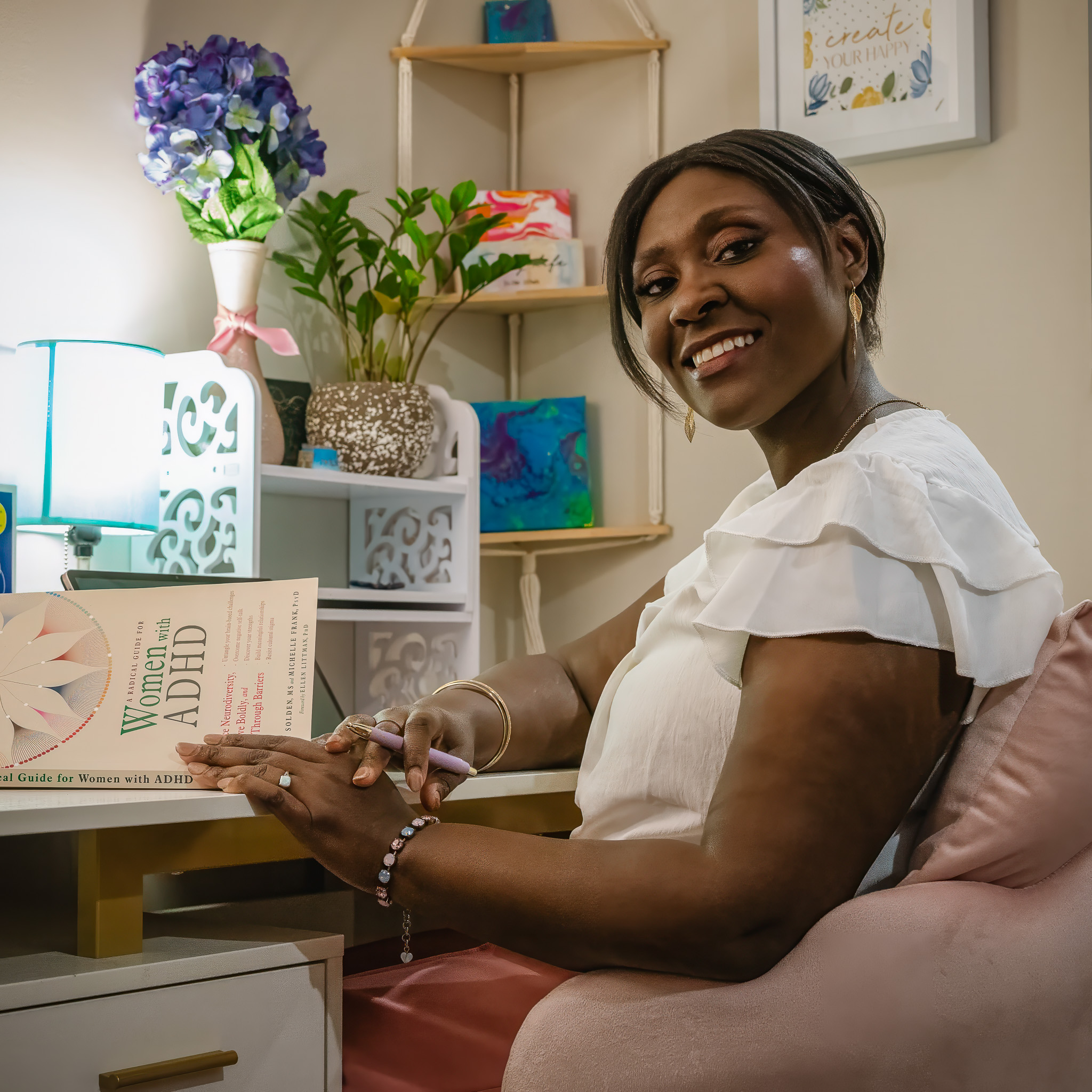
Image Credits
Andrew Branford of Abra Productions


